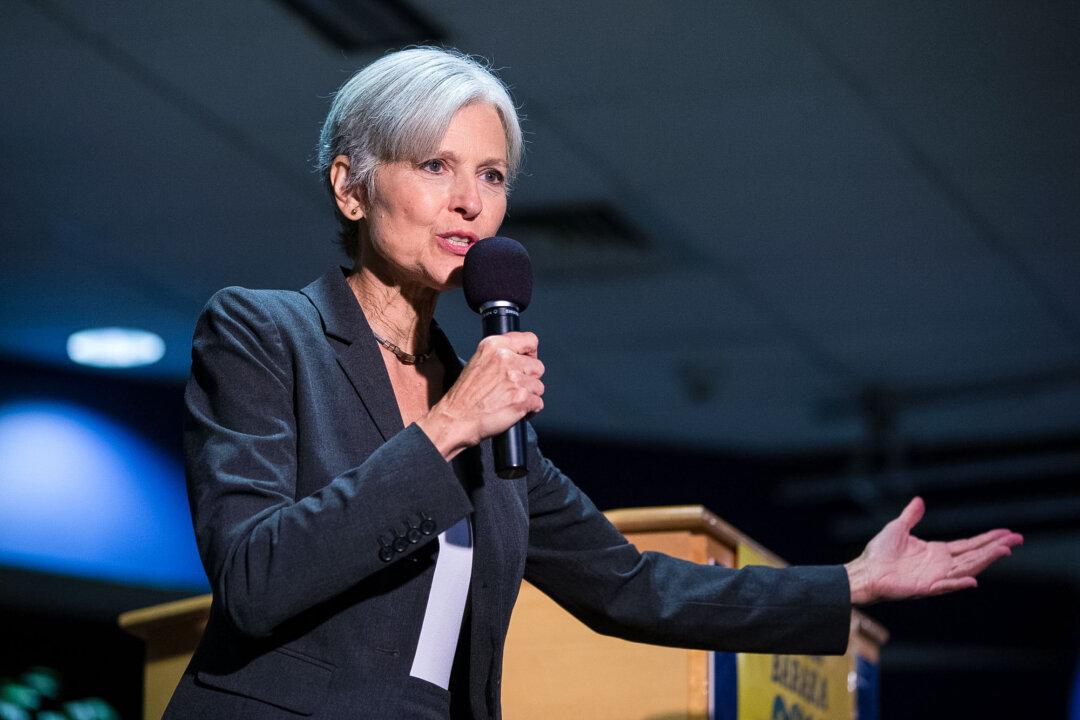Voters in Nevada will have one less option for president in November after the Nevada Supreme Court ruled against the Green Party and ordered the removal of the party’s candidate, Jill Stein, from the ballot.
Nevada’s top court acknowledged on Sept. 6 that the Green Party used a sample petition from the Nevada secretary of state’s office to gather signatures to get the party on the ballot but said that because the petition lacked language required by the law, the approximately 30,000 signatures were invalid.





